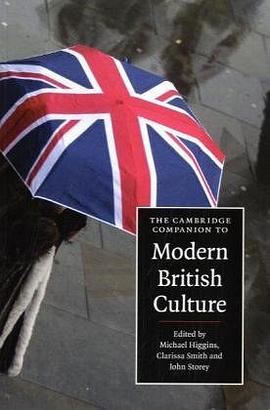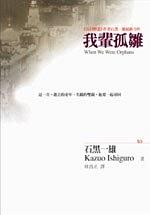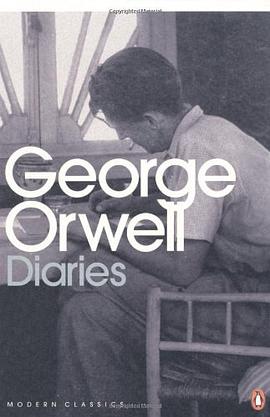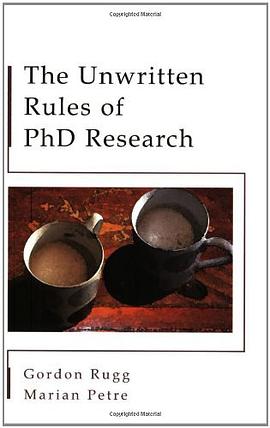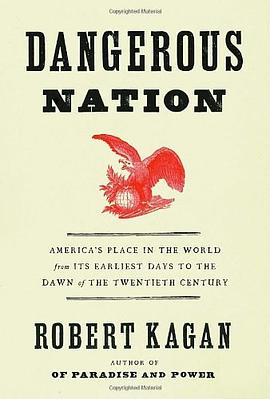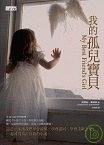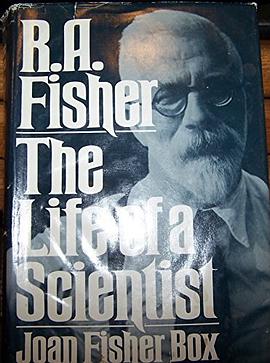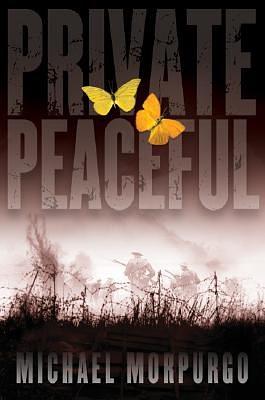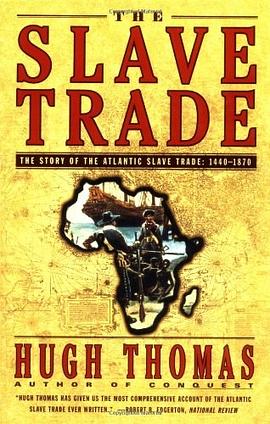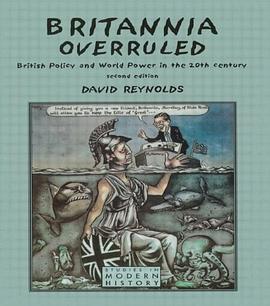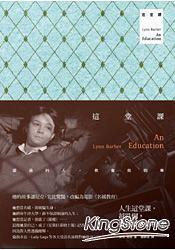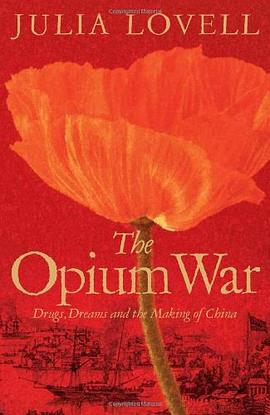

具體描述
‘On the outside, [the foreigners] seem intractable, but inside they are cowardly. . . Although there have been a few ups-and-downs, the situation as a whole is under control.’
In October 1839, a few months after the Chinese Imperial Commissioner, Lin Zexu, dispatched these confident words to his emperor, a cabinet meeting in Windsor voted to fight Britain’s first Opium War (1839-42) with China. The conflict turned out to be rich in tragicomedy: in bureaucratic fumblings, military missteps, political opportunism and collaboration. Yet over the past 170 years, this strange tale of misunderstanding, incompetence and compromise has become the founding myth of modern Chinese nationalism: the start of China’s heroic struggle against a Western conspiracy to destroy the country with opium and gunboat diplomacy.
Beginning with the dramas of the war itself, Julia Lovell explores its causes and consequences and, through this larger narrative, interweaves the curious stories of opium’s promoters and attackers. The Opium War is both the story of modern China – starting from this first conflict with the West – and an analysis of the country’s contemporary self-image. It explores how China’s national myths mould its interactions with the outside world, how public memory is spun to serve the present; and how delusion and prejudice have bedevilled its relationship with the modern West.
It explores how China's national myths mould its interactions with the outside world, how public memory is spun to serve the present; and how delusion and prejudice have bedevilled its relationship with the modern West.
著者簡介
Julia Lovell has worked at Birkbeck since 2007. Before then, she was Junior Research Fellow at Queens’ College, Cambridge. She completed her undergraduate and graduate studies at Emmanuel College, Cambridge; she also studied for a year at the Hopkins-Nanjing Centre for Chinese Studies. She has translated many works, as well as writing insightful works into the history of China.
She has written articles in the Guardian, the London Times and the Economist on China.
圖書目錄
讀後感
对比中才知何为好书,好研究。 一部远低于期待值的鸦片战争史。 作者作为英国人视角,能够做出较为客观陈述已经较为难得,但是本书中对于,鸦片不应为白银外流负责任,英国政府的对外决策其实是由当地官员决定等内容论述都感觉不够充分,给人欲辩解而还休的感觉。 比较有价...
評分对比中才知何为好书,好研究。 一部远低于期待值的鸦片战争史。 作者作为英国人视角,能够做出较为客观陈述已经较为难得,但是本书中对于,鸦片不应为白银外流负责任,英国政府的对外决策其实是由当地官员决定等内容论述都感觉不够充分,给人欲辩解而还休的感觉。 比较有价...
評分引发鸦片战争的表象是中英贸易的失衡,实质是两种社会制度的较量,根源是东西方文化甚至文明的对冲。作为中国近代史的开端,鸦片战争的意义影响至今,对国人来讲,既满怀对西方殖民主义的愤恨,也饱含对西方文明进步的憧憬,更怀揣中华复兴之伟愿。坊间于这部书褒贬鲜明,且贬...
評分由于中英贸易逆差,英国向输入鸦片,以换回白银、茶叶、生丝,清政府的禁烟运动极大损害了英国的利益,导致了鸦片战争的爆发,由于清政府的腐败无能,以及技术的落后,中国在战争中一败涂地,最终签订了中国近代史上第一个不平等条约《南京条约》,从此中国进入半殖民地半封建...
評分(注:本文的censored version已于2015年10月1日刊发于《南方周末》) 2010年11月9日,当时刚刚成为英国首相的戴维•卡梅伦携同4位内阁大臣以及约50位英国工商界精英、领导来到北京,准备开展为期两天的对话访问。卡梅伦此行至少有两个目的。一方面,此次中国之行显然是中英...
用戶評價
左,condescendent,缺乏曆史研究深度。
评分寫得很文縐縐的, 挺好看的. 特彆是講yellow peril那章和後麵的講嚮西方學習的那章特彆好看. 不過全書結尾又轉移到tg希望靠灌輸中國受西方侵略的曆史觀來維護統治(雖然民眾不買賬)這種調調上來瞭(雖然確實有這麼個迴事,比如tg的中學教材從來不講英國國內的抵製鴉片貿易運動)
评分論文用
评分論文用
评分曆史中的人 都盡瞭自己的努力去做齣自認為正確的選擇
相關圖書
本站所有內容均為互聯網搜索引擎提供的公開搜索信息,本站不存儲任何數據與內容,任何內容與數據均與本站無關,如有需要請聯繫相關搜索引擎包括但不限於百度,google,bing,sogou 等
© 2025 book.quotespace.org All Rights Reserved. 小美書屋 版权所有

